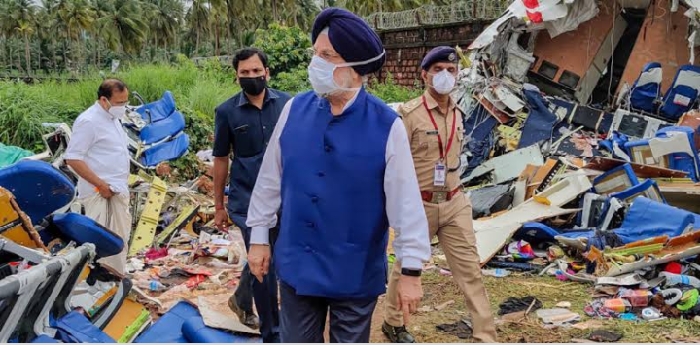New Delhi, Oct 16: India is behind its neighbours Nepal, Pakistan and Bangladesh in a list of 117 countries that tracks hunger and malnutrition, according to a report released by two international non-profits that work for humanitarian aid.
The Global Hunger Index or GHI scores countries on a 100-point "severity scale", where zero is the best score (no hunger) and 100 is the worst. "With a score of 30.3, India suffers from a level of hunger that is serious," the report says.
India fell from 55 in 2014 to 102 in 2019 in the GHI. However, the number of countries has differed from year to year. India ranked 55 out of 76 nations in 2014, 100 out of 119 countries in 2017, and 103 out of 119 countries in 2018. This year's report calculated the index from a sample of 117 nations and India came on 102.
The GHI is a peer-reviewed annual report, jointly published by Ireland's Concern Worldwide and Germany's Welthungerhilfe.
Pakistan is at 94, Bangladesh 88 and Nepal 73 in this year's GHI report that the authors say is designed to comprehensively measure and track hunger at the global, regional, and national levels.
"Because of its large population, India's Global Hunger Index indicator values have an outsized impact on the indicator values for the region... India's child wasting rate is extremely high at 20.8 per cent - the highest wasting rate of any country in this report for which data or estimates were available," the GHI report says.
The index was calculated on four parameters: undernourishment; child wasting, or the share of children under five years who have a low weight for their age; child stunting, or the share of children under five years who have a low height for their age, and child mortality rate under five years.
"Using this combination of indicators to measure hunger offers several advantages. The indicators included in the GHI formula reflect caloric deficiencies as well as poor nutrition. The undernourishment indicator captures the nutrition situation of the population as a whole, while the indicators specific to children reflect the nutrition status within a particularly vulnerable subset of the population..." the GHI report says.
The leaders of the opposition parties referred to the GHI report to criticise Prime Minister Narendra Modi and the centre.
"2019 Global Hunger Index is out. India further slips down in rank to 102. The slide started with PM Modi's ascension. In 2014 India was ranked 55. In 2017 it slipped to 100 and in now to the levels of Niger and Sierra Leone. The majority of worlds hungry now resides in India," Kerala Finance Minister Thomas Isaac tweeted.
"According to 2019 Global Hunger Index, India has slipped to 102 out of 117 countries. The report says that India has 'Serious' hunger levels & yet many believe 'Acche Din Aayega'. The question is when? Is it when all, except the Cronies, die of hunger?" former Karnataka chief minister and Congress leader Siddaramaiah tweeted.






Comments
Add new comment